
Understanding Colon Cancer
Let’s dive into the world of colon cancer—a significant health concern that affects countless lives. Colon cancer ranks as the third most common cancer-related cause of death in the United States. Colon cancer takes root in the large intestine affects 1 in 23 men and 1 in 25 women at some point in their life. In this article, we’ll learn about colon cancer, explore its signs and symptoms, delve into its root causes, understand treatment options, and arm you with natural strategies to support your well-being.

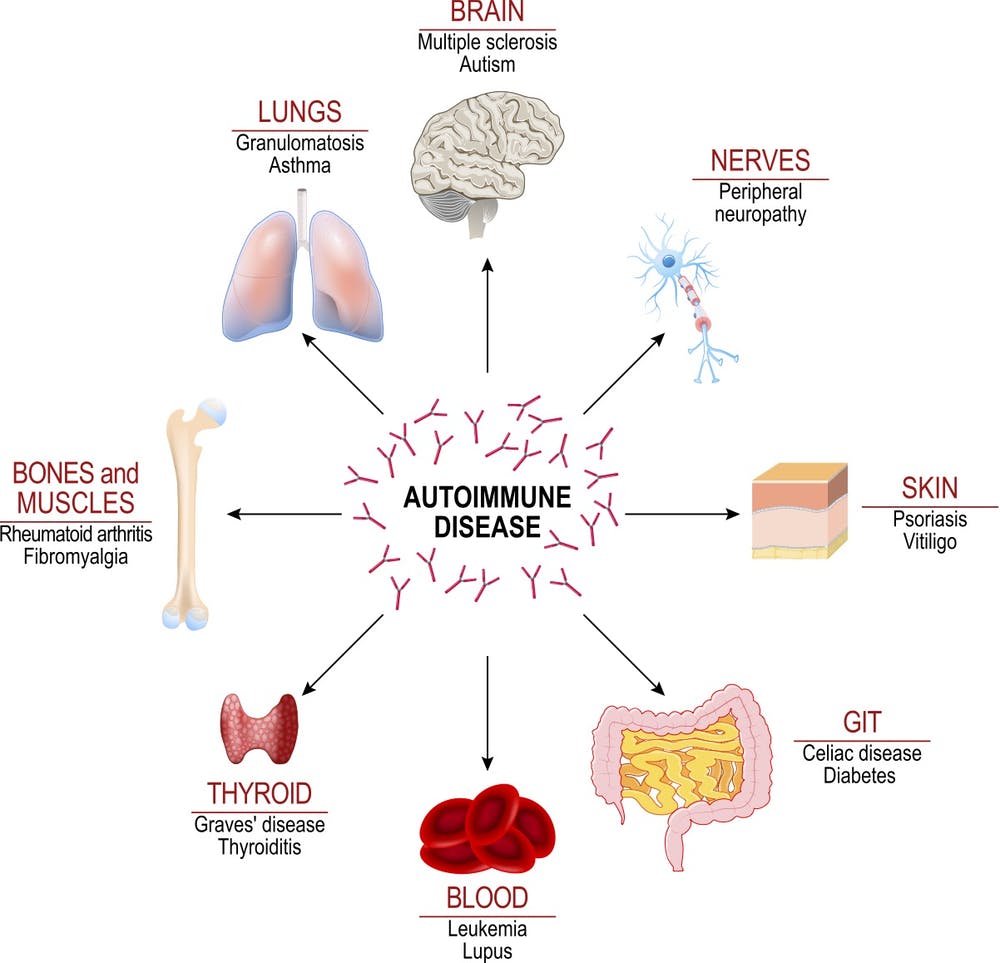
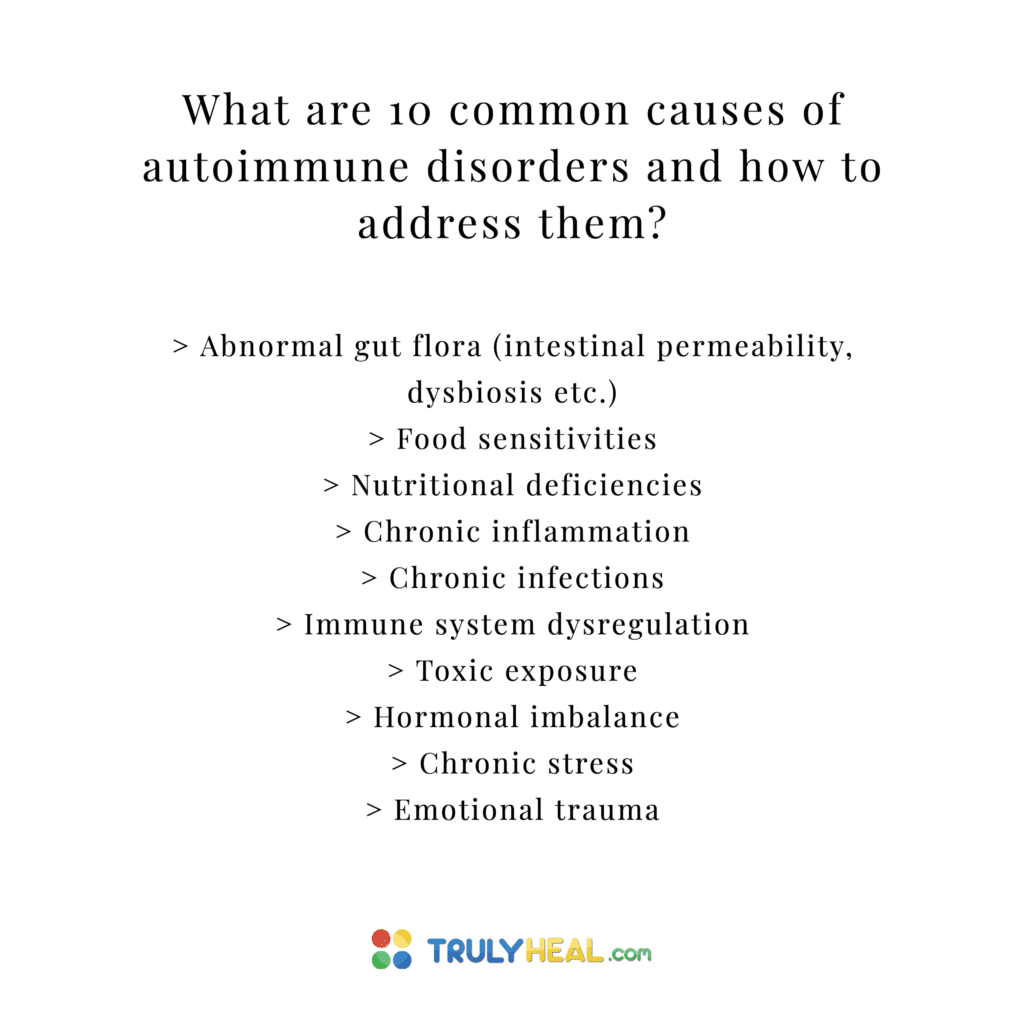
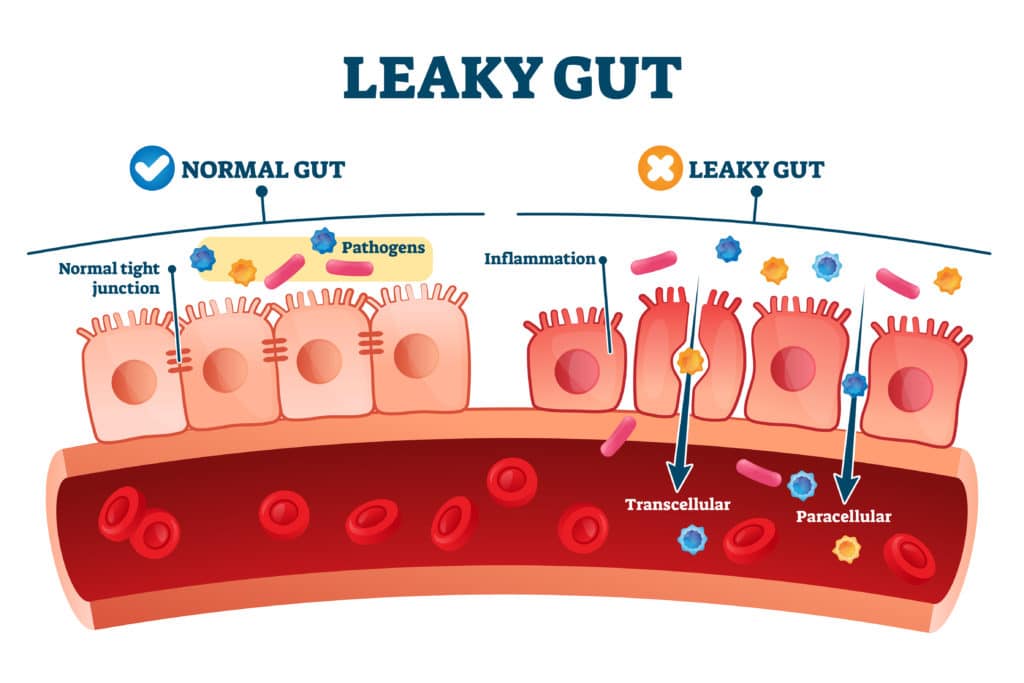
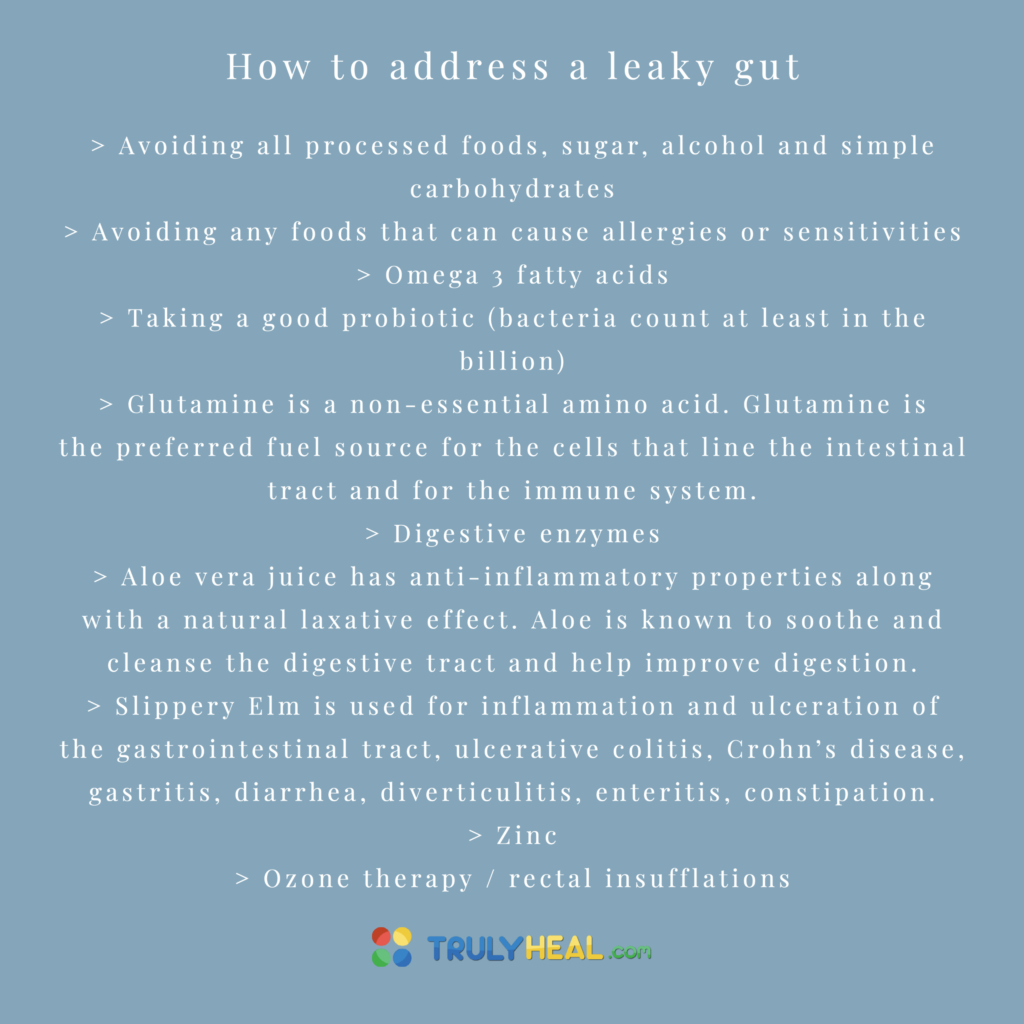
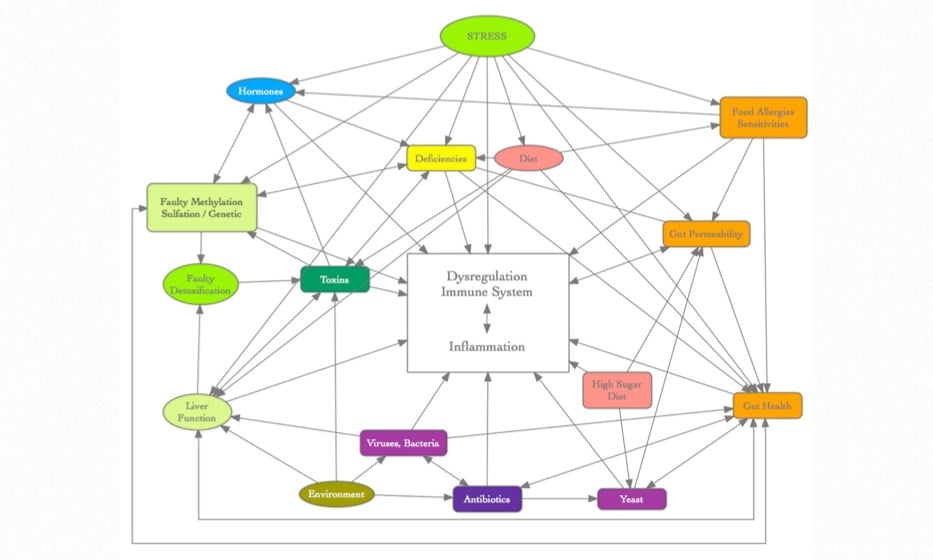



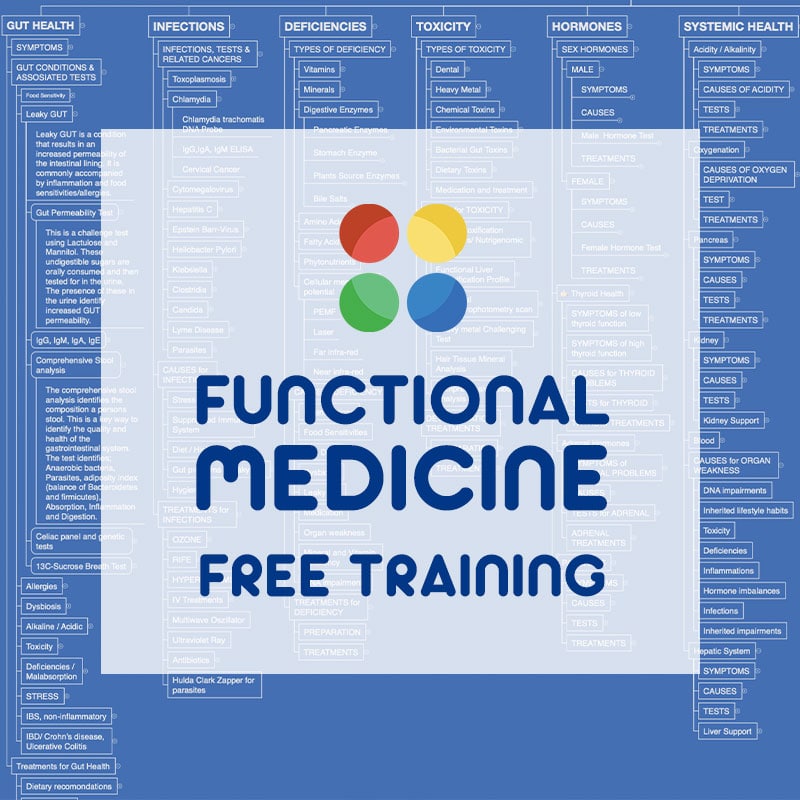


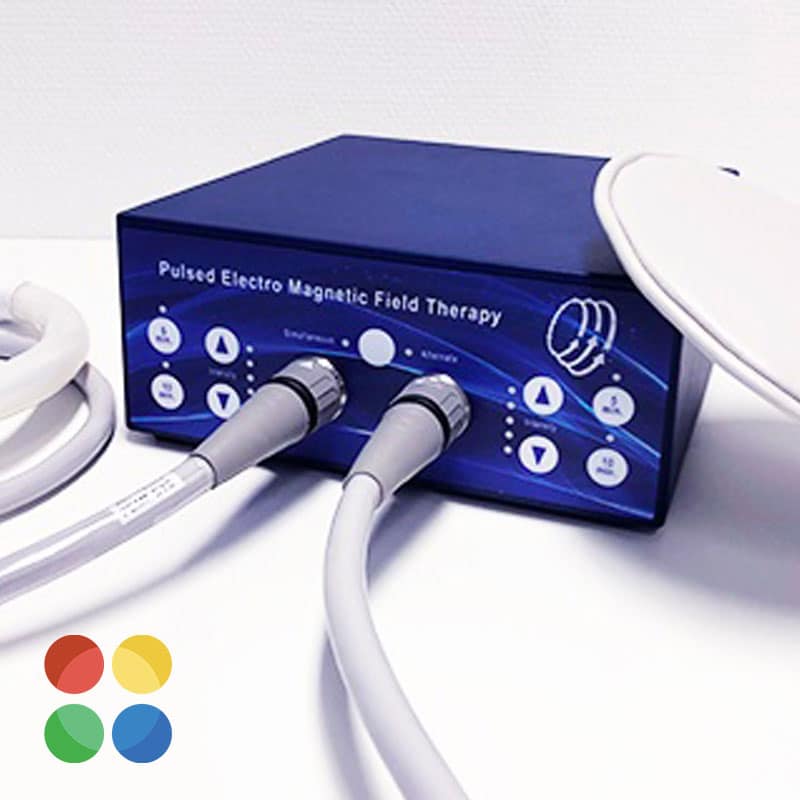




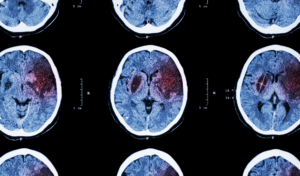



3 Responses
Dear Deborah,
I have enjoyed your posting about FM approach to Autoimmune diseases. It’s very eye opening.
I have got a client, suffering from Multiple Sclerosis. He is now on Wheel Chair because all his lower limbs cannot longer support him. Can this condition/stage of MS still be reversible? If yes. Where do we start from? I know you have listed all the tests that need to be done. But I still would need your input.
Thanks
Mike Ogwal (a Functional Medicine Candidate)
Hello Mike,
I appreciate the comment. It’s beautiful to hear that the article could provide some insight to understanding some of the causes for autoimmune disease.
With any stage of chronic degenerative disease or progressive autoimmune disease, we aim to slow down and halt progression. Depending on the damage and state of health, once addressing root causes there is always the possibility of healing. Not to mention, alleviating some of the discomfort and constant struggle of various symptoms.
With MS, there are a few causes that stand out and I would address first (of course this is theoretical without evaluating the client myself)
1. Leaky gut and a distorted gut microbiome. I would remove all gluten and dairy from the diet and work on reparing the gut microbiome.
2. Mycotoxin exposure and heavy metals such as copper, cadmium, mercury, lead and iron. This is commonly found in autoimmune diseases which impact the central nervous system. Addressing a mould exposure and/or heavy metal toxicity would be a priority. If either is the case, supporting the detoxification pathways etc.
3. Are there any latent infections? Such as herpes simplex virus or epstein-Barr virus. Or toxins produced by bacteria such as: M. pneumoniae, C. pneumoniae, and C. perfringens. Something to consider.
4. Replenishing nutrients that are depleted such as B vitamins, magnesium, selenium etc..
5. Supporting the immune system with nutrients such as vitamin D and glutathione…
Just a few thoughts… Each and every client is unique and each autoimmune presentation is individual. Thus, some factors may not be relevant whereas the mental component and infections may be the most prevalent in another client.
I hope this gives you a little insight on how to support your client further.
Warmly,
Deborah
I enjoy your posts but note the absence of references. When you mention “studies” please provide the reference. Thank you